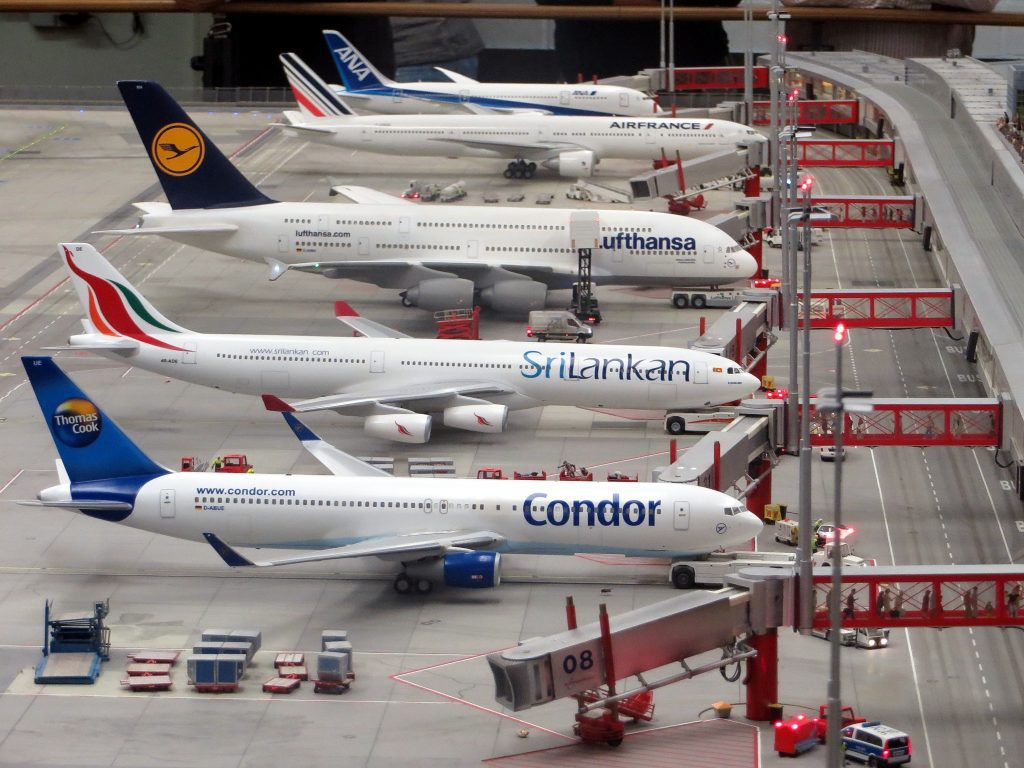When it comes to powering airports, standby power systems play a crucial role in ensuring uninterrupted operation. These systems work by converting AC power into DC power, which is then inverted and supplied to the power load. This process is supported by a power rectifier system that, in collaboration with the UPS (Uninterruptible Power Supply), protects the load from voltage fluctuations, guaranteeing a smooth and continuous power supply.
During normal conditions, the industrial UPS system at an airport charges the batteries and delivers DC power to the load. In the event of a power outage, the inverter seamlessly switches to battery power, allowing critical airport operations to continue until the main power supply is restored or the batteries reach their minimum DC levels. Once power is restored, the rectifier mechanism resumes its function, and the standby power system seamlessly operates without causing any disruptions to airport operations.
The consequences of an airport power failure can have widespread and severe impacts on both operations and safety. They include:
- Flight Disruptions: Power failure can disrupt flight schedules, leading to delays, cancellations, and missed connections.
- Air Traffic Control: Communication systems between air traffic control towers, pilots, and ground staff can be affected, potentially compromising the safety of aircraft movements.
- Security Screening: Security checkpoints may become inoperable, causing delays in passenger screening and affecting airport security.
- Baggage Handling: Baggage handling systems, including conveyors and sorting mechanisms, rely on power. Failure can lead to baggage delays and misrouting.
- Ground Support Equipment: Power is crucial for fueling, de-icing, and maintenance of aircraft. A power outage can disrupt these essential ground operations.
- Passenger Services: Services like information displays, Wi-Fi, and charging stations for passengers may become unavailable, impacting traveler experience.
- Customs and Immigration: Passport control and customs processing can be affected, leading to delays for arriving and departing passengers.
- Retail and Services: Shops, restaurants, and other services within the airport may close or operate at limited capacity during a power outage.
- Emergency Response: Power failure can affect the airport's ability to respond to emergencies, including medical situations and aircraft incidents.
- Aircraft Refueling: Fueling systems require power, and a failure can lead to aircraft fuel shortages, impacting flights' ability to depart.
- Runway and Taxiway Lighting: Proper lighting is essential for safe aircraft movement. A power outage can affect runway and taxiway lights, potentially leading to hazardous conditions.
- Airfield Operations: Airfield operations, including runway and taxiway inspections, may be hampered, affecting the airport's ability to ensure safe operations.
- Ground Transportation: Power failure can disrupt ground transportation services, such as airport shuttles and rental car facilities.
- Logistical Challenges: Coordinating and communicating with airlines, passengers, and various airport stakeholders can become challenging during a power outage.
- Public Perception: Frequent or prolonged power failures can damage the airport's reputation, affecting passenger confidence and airlines' decisions to operate from that airport.
When selecting a UPS system for an airport, it is important to consider factors such as efficiency and durability to ensure optimal performance. Our team is experienced in recommending various UPS systems that are specifically designed to meet the unique demands of airport operations. If you have any specific requirements or questions, we are here to assist you in finding the best UPS solution for your airport.





